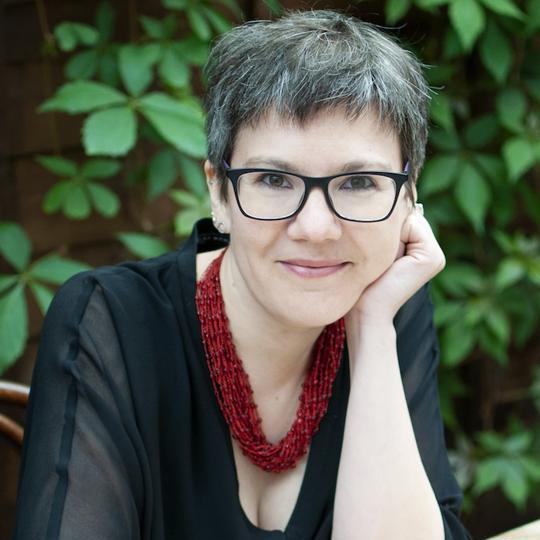Please note: this event has passed
Join this webinar for the launch of the Research Methods Toolkit website, a new free bank of resources now available online to help you produce your own research in the field of society and mental health and beyond.
The session will include a presentation of the website, key features, and resources, as well as the opportunity to hear from independent researchers on how research has helped them to make a difference in their communities. This will be followed by a Q&A session, with all welcome to join the conversation on the toolkit and ways we can make research accessible.
Why make a Research Methods Toolkit?
We believe no one group should have a monopoly on what questions to ask or what data to collect, or control how to analyse findings and disseminate insights.
We hope our Toolkit will bring communities and organisations together to learn about methods, conduct research, and exchange knowledge in areas important to them.
I’m not a student or an academic, can I attend?
The webinar is open to everyone and no prior experience in research is required.
I have some questions and suggestions for the website, how can I get in touch?
We invite you to get in touch, ask us questions, make suggestions and give comments to help us understand what works well and what can be improved or expanded.
Please contact Hanna Kienzler at hanna.kienzler@kcl.ac.uk with your feedback. Alternatively, you can provide feedback on the toolkit website itself here.
About the team
The toolkit was created by a group of researchers made up of service users, survivors, academics, project co-ordinators and artists. Our team includes members from the ESRC Centre for Society and Mental Health’s Lived Experience Advisory Board (LEAB) and the Bethlem Gallery.
About the artwork
We used abstract art for the website instead of photos portraying people as they go about their research for several reasons. We wanted to get away from corporate stock photography and co-produce imagery with the creativity of service users/survivors.We were drawn to Tony James Allen's artwork as it reminded us of the different facets of research: broad brush stroke, texture, fine grained detail, composition, merging colours that appear to have their own life, surprises, and joy. Like research, his paintings invite the viewer to both take a step back to grasp the ‘big picture’ and to lean in to understand nuances and connections.
About the ESRC Centre for Society and Mental Health
The ESRC Centre for Society and Mental Health develops research to promote and sustain good mental health in communities. We aim to shift public debate about mental health away from a focus on individualised interventions, towards social practices and policies that promote and sustain good mental health. We would like all events to be inclusive and accessible to all. Please do not hesitate to contact us by email to trudy.1.mensah@kcl.ac.uk to further discuss any access requirements or to find out more details about this session.

